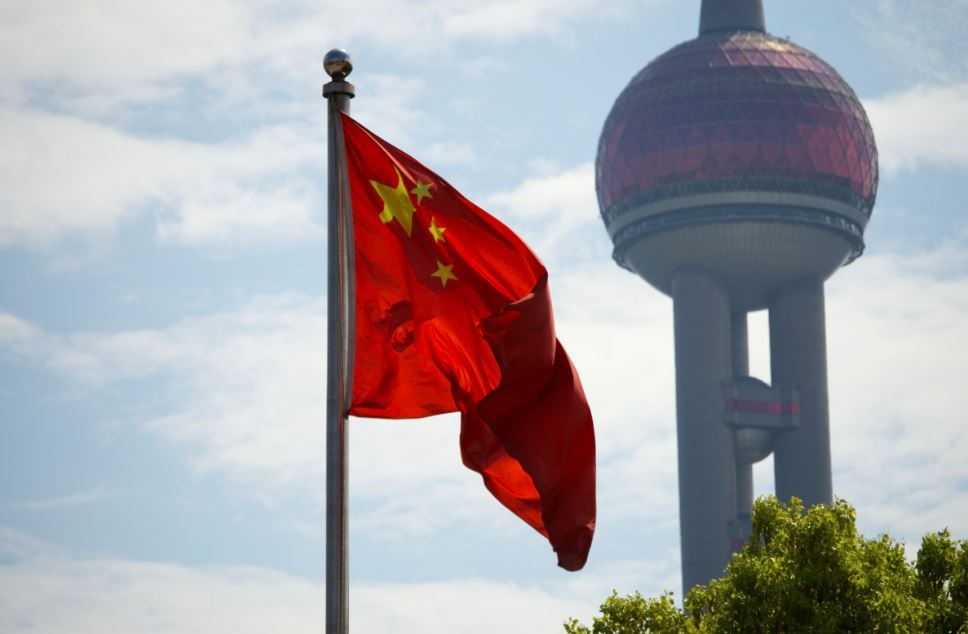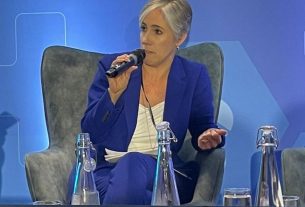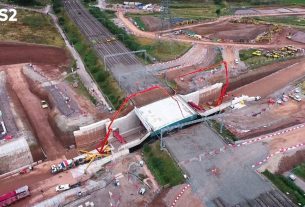The UK government’s response to tackling the threat posed by China “has been completely inadequate,” a blistering report by one of parliament’s most senior committees has found.
China is “prolifically and aggressively” targeting the UK’s interests using a “‘whole of state’ approach” ranging from universities to nuclear power, the report by parliament’s intelligence and security committee (ISC) found. It criticises the government for taking “too long” to wake up to the “greatest risk” to the UK posed by Beijing and is scathing of the government’s “slow speed at which strategies and policies are developed and implemented [which] leaves a lot to be desired.”
The ISC is different to most other parliamentary committees. It has special status in law and hears evidence from UK intelligence agencies in secret, given the nature of the testimonies.
Their report was completed in May but only published today (July 13) – the same day that Rishi Sunak’s government accepted the pay review bodies’ awards for public sector staff, news of which also overshadowed the Office for National Statistics report showing UK GDP contracted by 0.1% in May.
The ISC report states: “China’s global ambition is to become a technological and economic superpower on which other countries are reliant.”
It warns of the long term consequences to the UK of China’s infiltration at every level.
“China’s size, ambition and capability have enabled it to successfully penetrate every sector of the UK’s economy,” adding that Beijing has been “particularly effective at using its money and influence to penetrate or buy academia in order to ensure its international narrative is advanced and criticism suppressed”.
Among its condemnations, the committee’s report finds the government was more concerned about getting Chinese money than asking questions about China’s threat to national security concerns.
“The UK is now playing catch-up and the whole of Government has its work cut out to understand and counter the threat from China,” the report states.
“It is clear that China has taken advantage of the policy of successive British governments to boost economic ties between the UK and China, which has enabled it to advance its commercial, science and technology and industrial goals in order to gain a strategic advantage.
“China has been buying up and seeking to control or influence the UK’s industry and energy sectors and – until the Covid-19 pandemic – Chinese money was readily accepted by Government with few questions asked.
“The Government needs to ensure that it has its house in order such that security concerns are not constantly trumped by economic interests.”
China thinks long-term, UK must as well
Member of the ISC (since July 2020) Conservative MP Theresa Villiers told BBC Radio 4’s World at One that the government must do more to combat the threat from China.
“It needs to step up its efforts to tackle this threat,” said former secretary of state Villiers, calling for more resources and a “greater weight” paid to security concerns about Chinese investment, specifically those requiring “us to balance considerations of prosperity and security.”
The government “needs to seek a long-term approach and I would certainly appeal to opposition parties to be part of that too,” continued Villiers. “The Chinese government clearly thinks long-term about its objectives If we are to manage, mitigate and counter the security threat posed by China we need to be long term as well.”
Security minister Tom Tugendhat conceded the report is “a serious and hard-hitting piece of work”. Tugendhat told BBC Radio 4’s PM programme that most of the evidence heard by the ISC was between 2019 and 2020, when he was chair of the foreign affairs committee and “saying many similar things and sharing many of the same concerns” as found in the report.
“So that’s why I’m very pleased that I have been asked in government to deal with some of these issues.
“It’s really well worth pointing out that just this week one of the most important pieces of legislation has come into law and that is the National Security Act and that introduces a huge number of powers to deal with some of the issues that the committee raises, including espionage and foreign interference and assisting a foreign intelligence service. But also areas like stealing of trade secrets and indeed sabotage.”
Tugendhat pointed to chair of the ISC Julian Lewis’ comments that there is evidence of the government taking the issues more seriously, and added: “I can tell you that we certainly are and I’m very grateful to the prime minister who has given me the authority to get on with this.”
The security minister said he is working on the “areas we need to address” and added that Sunak’s government has taken the issue of national security more seriously than any other.




